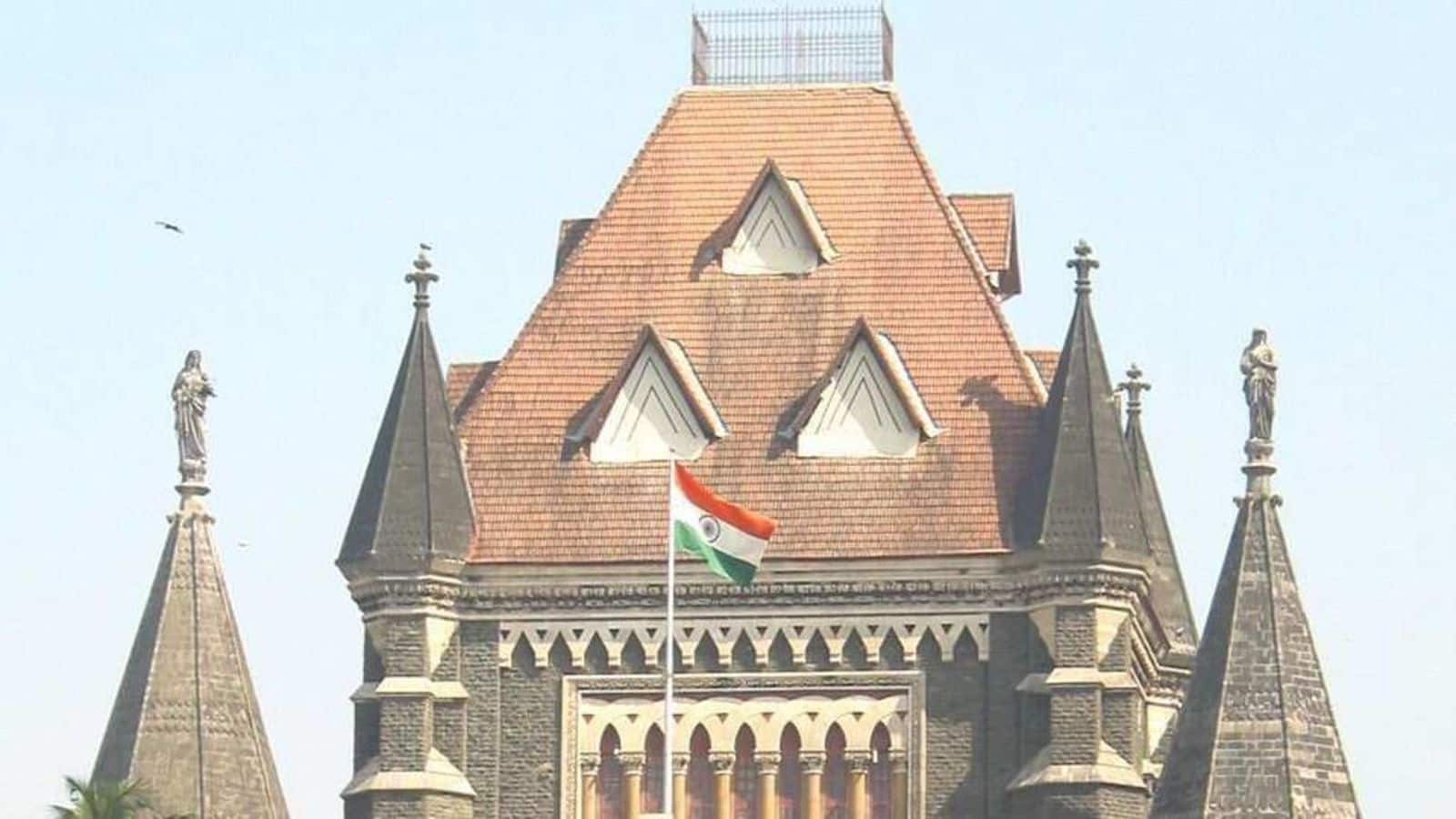


The Bombay High Court on Tuesday held that public sector banks do not have power to issue Look Out Circulars (LOCs) against Indian citizens and foreigners under the office memoranda (OM) of the Central government. [Viraj Shah v. Union of India & Ors]A Bench of Justice GS Patel and Madhav Jamdar pronounced the verdict in a clutch of petitions challenging the LOCs issued to restrain people who are indebted to public sector banks from travelling abroad.The Court clarified that while OMs of the Central government were not ultra vires the Constitution, the subsequent empowerment of bank managers of public sector banks to issue LOCs was arbitrary.In light of this judgment, all LOCs issued at the request of public sector banks were quashed and set aside by the High Court today.The Bench, however, clarified that the present order did not affect any existing order issued by a tribunal or criminal court restraining persons from travelling abroad.LOCs issued by the Union Ministry of Home Affairs' Bureau of Immigration allow the immigration authorities at any port of departure to prevent a person from travelling outside India. LOCs were issued pursuant to a series of circulars or OMs, the first of which was issued on October 27, 2010.The circulars or OMs were amended periodically. One such amendment was made in September 2018, which introduced a new ground to issue an LOC in the “economic interest of India”. This essentially restrained a person from travelling abroad if the departure of such person could be detrimental to the economic interest of the country.A further amendment in October 2018 introduced another clause which stated that the Chairman of the State Bank of India and the Managing Director and Chief Executive Officers of all other public sector banks could also request immigration authorities to issue LOCs.The OMs and subsequent amendments were all challenged in a clutch of petitions before the High Court. The petitions contended that:
The circulars curtailss fundamental rights, more specifically, the fundamental right under Article 21 of the Constitution of India.
The words “economic interest of India” cannot be equated to “financial interests” of any bank. Financial concerns of any bank, whether public sector or otherwise, is not equitable to the “economic interests of India”.
The financial interest of a public sector bank is not in the "economic interest of the country" even if we say that the bank's financial interest can be equated to the economic interests.
The Ministry of Home Affairs (MHA) pointed out that each bank was expected to justify its actions when requesting for an LOC. At best, a particular LOC could be quashed and set aside, but the wrongness or incorrectness of a particular request by a particular public sector bank is not a reason to invalidate either the OM itself or the power to issue OMs, it was contended.
The MHA argued that OMs are wider in concept and addressed concerns regarding security, sovereignty, terrorism and other national interest of the country. It further added that:
The deprivation of life or personal liberty cannot be done except according to the procedure established by law. The OMs are precisely such a procedure established by law. They do not constitute or entail a blanket infringement on fundamental rights;
The OMs have been issued for a defined public and national purpose. It cannot be in the interest of the public or nation, that the power to safeguard the interest of the nation is compromised in this fashion;
Each of the OMs has inbuilt checks and balances and adequate safeguards and no LOC is issued just on mere request.
The petitions were reserved for verdict over a year ago and the judgment was pronounced today.Senior Advocate (now Advocate General of Maharashtra) Dr Birendra Saraf, briefed by Parinam Law Associates and Advocates Gulnar Mistry and Subit Chakrabarti, briefed by Vidhii Partners, appeared for the petitioners.Then Additional Solicitor General Anil Singh along with Advocates Rui Rodrigues, Sandesh Patil, Aditya Thakkar, YS Bharti and DP Singh appeared for the Union of India.
TAGS: Bombay High Court Look Out Circulars public sector banks Central government constitutional validity